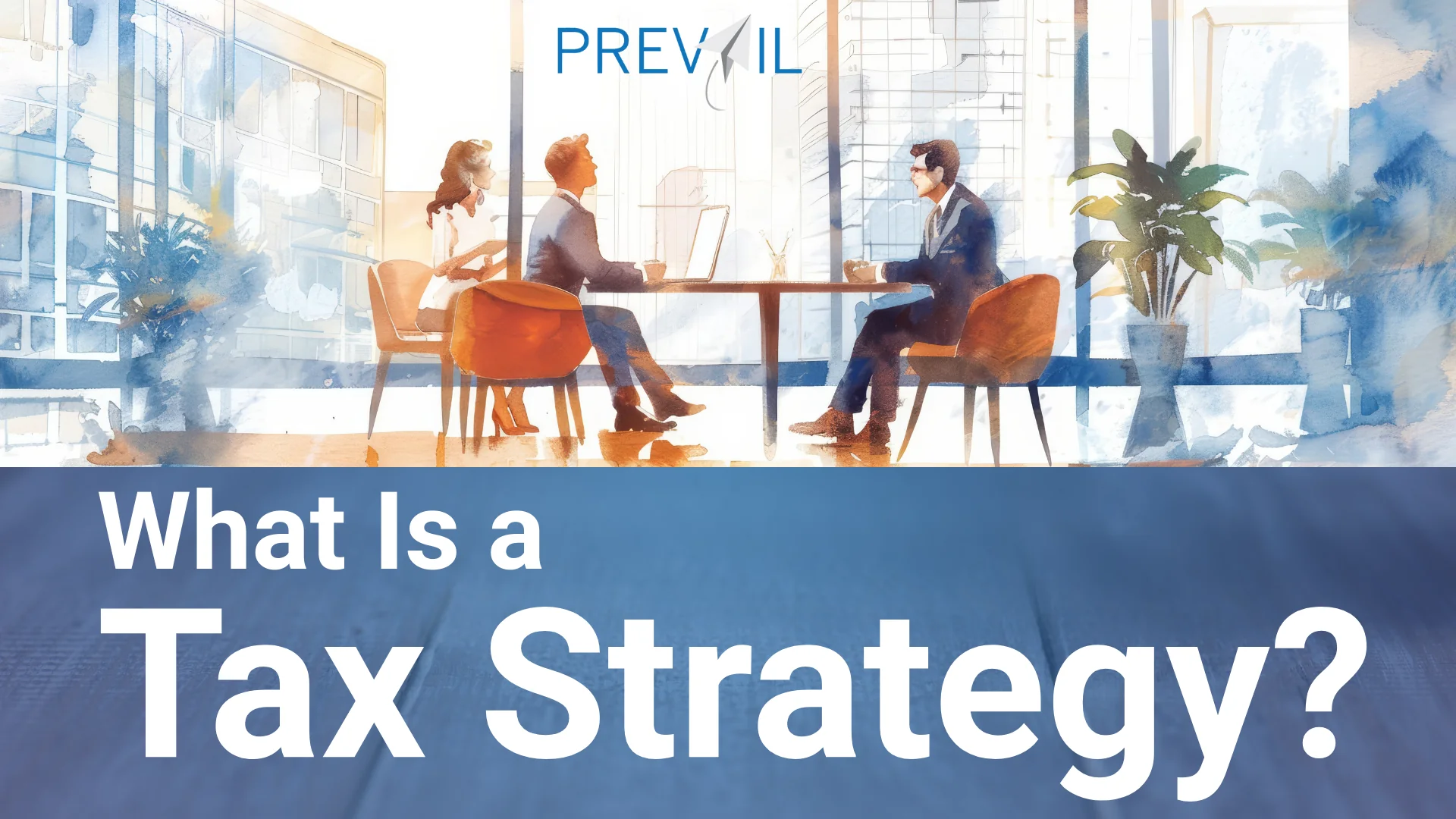Tax Planning Tips for Business Owners and High-Income Individuals
Tax season isn’t just about filing paperwork—it’s about building and protecting your wealth.
If you’re a business owner, executive, or high-net-worth individual, having a tax strategy isn’t just helpful—it’s essential. Without one, you could find yourself paying unnecessary taxes, facing avoidable penalties, or struggling with a tighter budget than planned.
In this guide, we’ll break down exactly what a tax strategy is, why it matters, and how the right plan can lead to significant financial advantages. Plus, we’ll share actionable insights and common tools used by those looking to minimize taxes and maximize long-term wealth.
What Is a Tax Strategy?
A tax strategy is a structured financial plan designed to reduce, defer, or eliminate tax liabilities legally and ethically. It’s the framework that allows you to take full advantage of current tax laws and opportunities—helping you keep more of what you earn and use it strategically for the future.
Tax Strategy vs. Tax Preparation
It’s important to distinguish between tax preparation (filing your taxes) and tax strategy (planning your taxes ahead of time). Preparation is reactive; strategy is proactive.
Why Is Having a Tax Strategy Important?
Without a tax strategy, you may:
-
Pay higher taxes than necessary
-
Miss out on deductions, credits, or tax-advantaged investments
-
Face unexpected tax burdens in retirement
-
Overpay capital gains or estate taxes
-
Leave your family with less wealth than you intended
With the right plan, you can:
-
Reduce current and future tax liabilities
-
Create consistent tax-free or tax-deferred income
-
Align your financial goals with your cash flow and estate planning
-
Build long-term wealth and preserve your legacy
Common Tax Strategies in 2025
Here are a few examples of widely used tax strategies—updated with 2025 considerations.
1. Traditional vs. Roth Retirement Accounts
Choosing between a Traditional IRA or 401(k) and a Roth IRA or Roth 401(k) is foundational.
-
Traditional accounts let you defer taxes now but pay them later when you withdraw in retirement.
-
Roth accounts require paying taxes today, but offer tax-free withdrawals in the future.
2025 Update: Income thresholds for Roth IRAs remain limited, but high earners can take advantage of Roth 401(k)s or backdoor Roth conversions to bypass income limits.
2. Backdoor Roth Contributions
This strategy allows high-income individuals who are ineligible for Roth IRAs to still fund them indirectly by:
-
Contributing to a traditional IRA
-
Converting it into a Roth IRA
This move requires careful planning to avoid surprise taxes.
3. High Cash Value Life Insurance
Known as the Swiss Army knife of tax planning, this insurance strategy is used to:
-
Accumulate cash value tax-deferred
-
Access funds tax-free through policy loans
-
Pass wealth to heirs income-tax free
Unlike retirement accounts, there are no income limits or contribution caps, making this tool especially attractive for high-net-worth individuals.
4. Tax-Deferred Investment Vehicles
Certain investments—such as annuities, opportunity zones, and real estate—allow for capital gains deferral, depreciation benefits, and step-up basis at death.
Key Benefits of a Strong Tax Strategy
Avoid Surprise Tax Bills
-
Prevent future tax spikes from unplanned withdrawals
-
Strategically use tax brackets to your advantage
Minimize Lifetime Tax Liability
-
Optimize when and how you pay taxes—especially in retirement
-
Use tax-loss harvesting to offset gains in taxable accounts
Preserve More Wealth for Future Generations
-
Reduce estate tax exposure with trusts and gifting strategies
-
Align your estate plan with your financial goals
Create Tax-Free Income Streams
-
Use Roth conversions, life insurance, or municipal bonds to generate income that’s not taxed
Support a Strategic Spending Plan
-
Know when to tap taxable vs. tax-deferred vs. tax-free accounts
-
Prevent tax drag on investment returns or business profits
Who Needs a Tax Strategy?
You’ll benefit most from tax strategy planning if you are:
-
A high-income W-2 earner
-
An executive with stock options or bonuses
-
A professional in your peak earning years
-
An investor with capital gains
-
Nearing or already in retirement
-
Someone planning to transfer wealth to heirs
Even if you already have a CPA or financial advisor, that doesn’t guarantee you have a comprehensive tax strategy—it takes forward-thinking collaboration between advisors, attorneys, and tax professionals.
Why Tax Strategy Matters More in 2025
-
Tax brackets may adjust in 2026 when provisions of the Tax Cuts and Jobs Act are set to sunset, meaning many Americans could face higher taxes.
-
Inflation adjustments have changed deduction thresholds and retirement contribution limits.
-
Estate tax exemptions are also scheduled to decrease, putting more families at risk of higher estate taxes.
Now is the time to reassess your plan.
Building Your Tax Strategy: Key Steps
-
Identify your goals – Retirement income, legacy, charitable giving, or a business exit
-
Review all income sources – Active, passive, investment, and business
-
Segment your assets – Taxable, tax-deferred, and tax-free
-
Align legal and financial plans – Trusts, wills, and estate tools
-
Work with professionals – Tax, legal, and financial advisors should collaborate to implement and monitor your plan
Final Thoughts: Start Your Strategy Now
Whether you’re scaling a business, entering retirement, or managing wealth for your family—a personalized tax strategy is the key to keeping more of what you earn.
Don’t wait until tax season. The earlier you plan, the more powerful your strategy becomes.
Take the Next Step
At Prevail, we specialize in crafting personalized, proactive tax strategies that align with your financial goals.
Let us help you turn tax planning into a wealth-building advantage.
Schedule your consultation today
Phone: (913) 295-9500 | Email: riseabove@prevailiws.com
Visit our website today to learn more about our Tax-Free Strategies: https://prevailiws.com/tax-free-strategies/

















